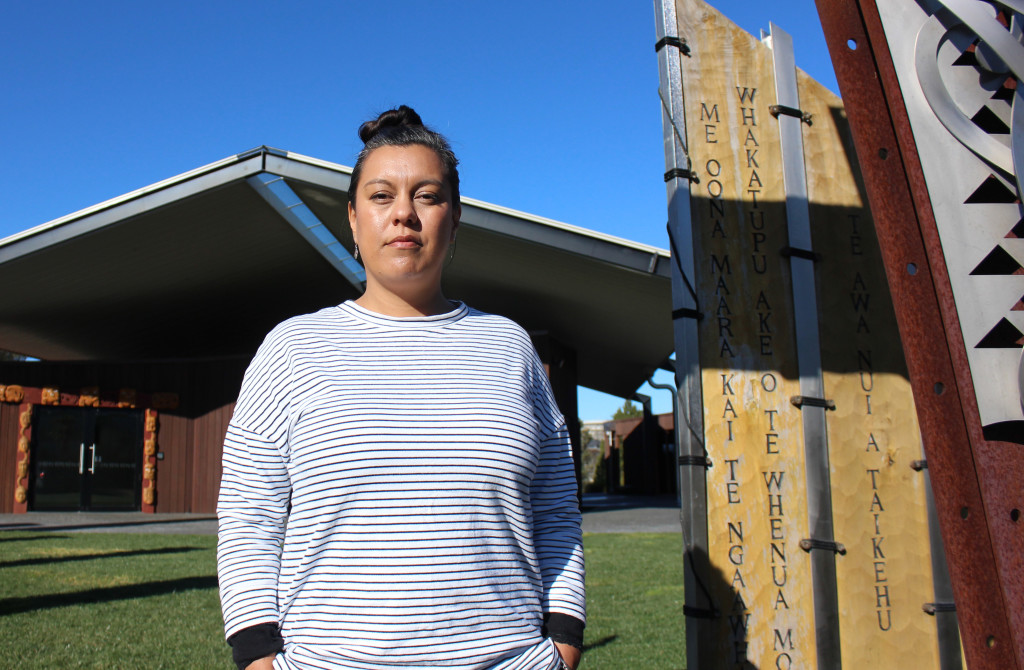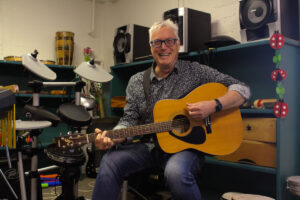Striking a balance in Māori media
For Mana magazine editor Leonie Hayden, people are at the very core of Māori media.
Throughout the ages Māori have asked ‘He aha te mea nui o te ao?’ – what is the most important thing in the world?
The answer: ‘He tangata, he tangata, he tangata’ – it is people, it is people, it is people.
For Leonie Hayden, editor of Mana magazine, people are at the very core of Māori media.
“The stories need to have a message for a Māori readership. I’m interested in business and politics, but at the end of the day I want my audience to sit down and read this magazine and feel seen.
“For Māori to know that [their] worldview and perspective and lifestyle is as valid and as legitimate as any other lifestyle in New Zealand.”
Hayden was speaking this week at Spark, Wintec’s festival of media arts.
She held a workshop for students about how to pitch long form articles to magazines, and she also discussed Māori representation in the media and the distinctions between Māori and mainstream media to a packed audience.
Waitangi Day coverage was a prime example in her presentation.
Hayden drew attention to the way mainstream media focused on conflict and protest at Waitangi celebrations, even if these incidents are only a miniscule part of the day.
She said Māori and Pakeha New Zealanders eating together, singing together and being together at Waitangi did not receive near as much attention.
“Somehow, that part of Waitangi Day celebrations never make it to the 6 o’clock news.”

In contrast, Hayden talked about how Mana approached stories that dealt with unpleasant subjects featuring Māori.
In February 2015 Mana ran a story that looked at Māori men in the justice system.
She said it was important for her that the story was frank about the high numbers of Māori men in the justice system and the reasons that led to them being there, such as poor education and intergenerational abuse.
But it was also important to focus on the Māori-led initiatives that are making progress in this area.
“So while not every story has to be a positive story, I do require that if we’re looking at tricky subjects we acknowledge that strides are being taken to improve,” she said.
“A balance. Look at the negative but also find a path that people are taking towards the positive.
“And more often than not it is the Maori-led initiatives that are making the most difference for Maori.”




